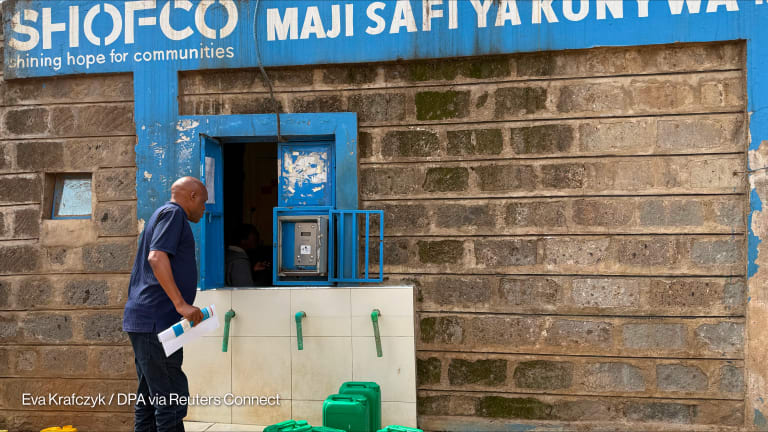As the U.S. Agency for International Development focuses its attention on increasing local ownership, that often means funding in-country organizations to carry out local priorities. Sometimes, though, it means not focusing on certain sectors, to give them “space” to develop on their own at the hands of local actors and governments.
Red flags go up when an aid agency’s development priorities don’t match the host-country government’s. But USAID’s mission in the Philippines, the Filipino aid community and government are finding that allowing certain local priorities not to land on the agency’s balance sheets gives governments and promising homegrown organizations more room to grow into their development niche.
Inclusive economic growth — a “top priority for the Filipino government,” according to Marissa Camacho, chief of party at the Ayala Foundation — is one sector the Filipino government and aid community has instructed bilateral donors like USAID — to a certain extent — to ignore.
Search for articles
Most Read
- 1
- 2
- 3
- 4
- 5








